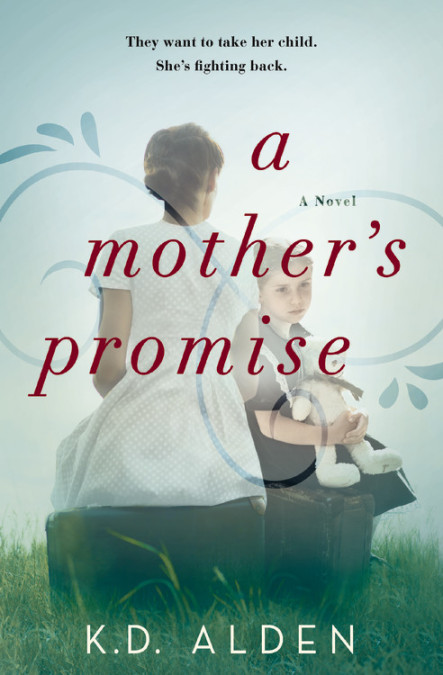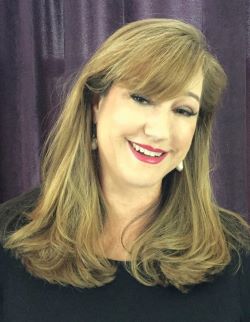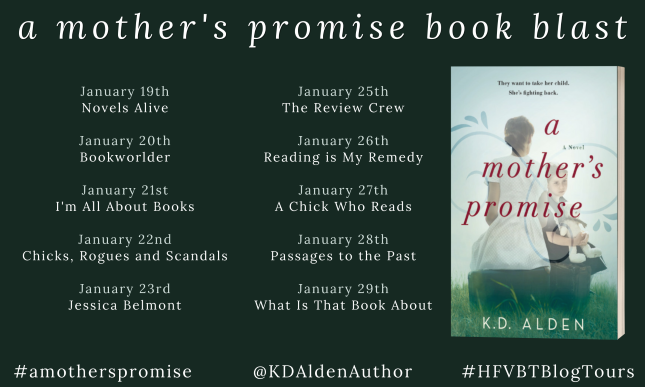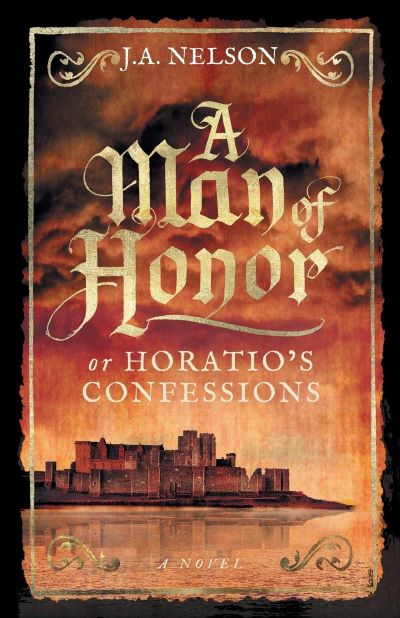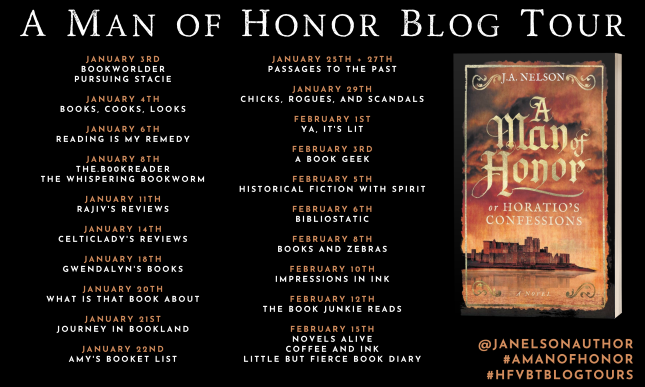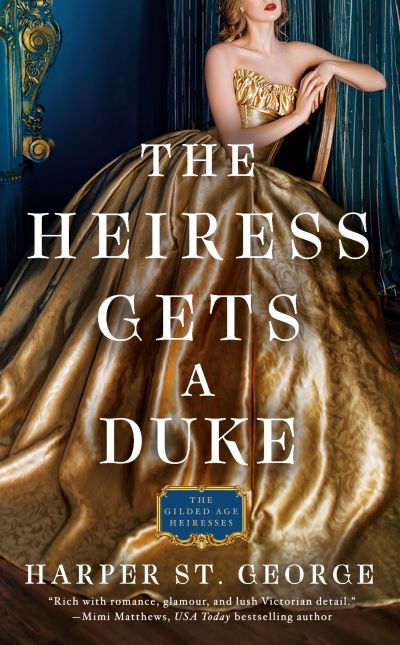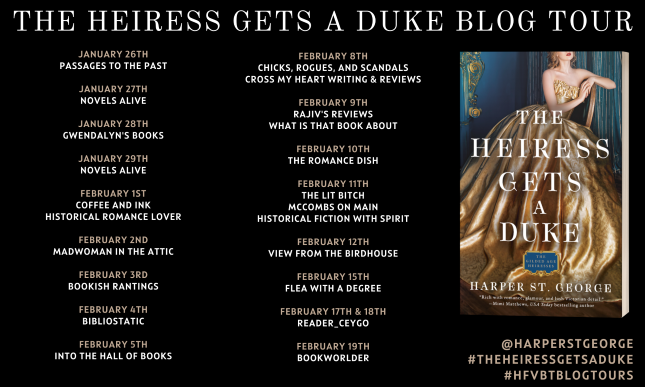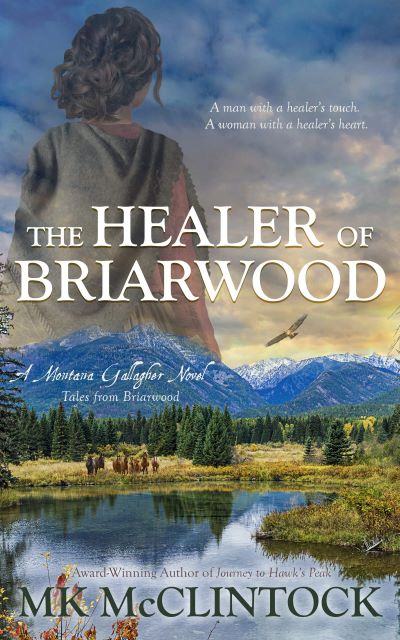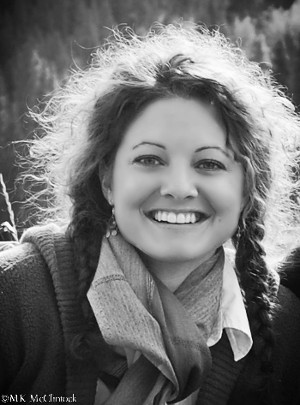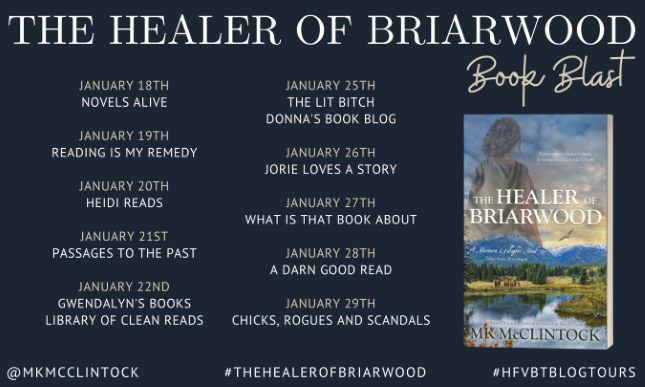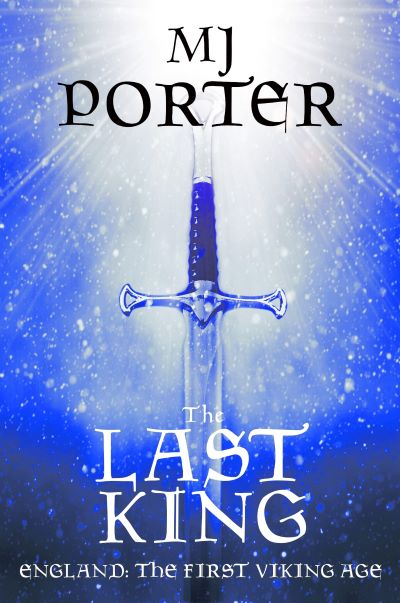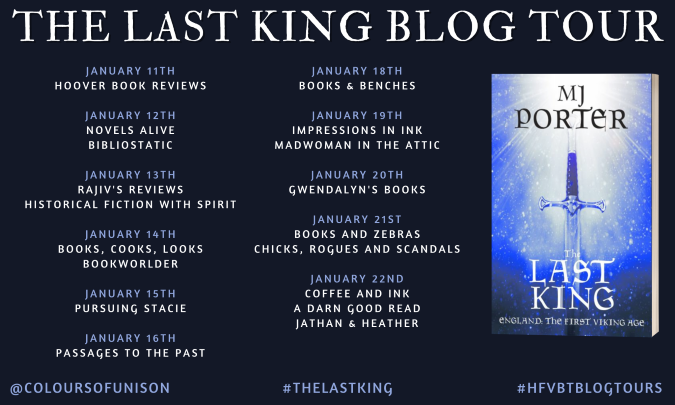Today on the blog I am super excited to be hosting J.A. Nelson! She is currently on Blog Tour for A Man of Honor and she graciously stopped by to answer a few questions. I hope you enjoy getting to know J.A. and learn more about her new book.
Surrounded by the bodies of slain monarchs, a dying prince extracts a promise from his friend, Horatio: "Tell my story."
Rival kings of warring nations strive to lay claim to the throne, now vacant, but what will happen to the people who live there, at Helsingør's Krogen Castle? How will Horatio preserve his honor and the prince's legacy while surviving this murderous kingdom and the men who would rule it?
Despite the odds and threats against him, Horatio persists, weaving the story of his dear friend into the fabric of one of their oldest and most revered medieval texts.
But when a nefarious Spaniard thwarts his plans, Horatio must once again risk everything to fulfill his oath.
With the help of some unexpected allies in the form of Margrete, a courageous lady-in-waiting, and Lanier, a disgraced French nobleman, Horatio undertakes this perilous quest that will lead him on a journey none of them could have ever predicted, to a place none of them ever thought they would see.
"Like a train, A MAN OF HONOR's narrative builds speed and takes off into an often gripping adventure of love,war, and discovery. Author J.A. Nelson's novel follows in the tradition of historical fiction. Nelson creates a beautiful but terrifying sixteenth century where numerous factions struggle for power and influence. The main characters are loyal but fallible, and the reader identifies with their struggle to keep moving forward--to finish what they've started.... Nelson has developed a timeless story.... A MAN OF HONOR may be set in a distant time and place, but Horatio's search for the truth about his late friend, Hamlet, is an internal journey of discovery to which many readers will relate." - IndieReader Reviews
"With its literary flourishes and exciting scenes, A Man of Honor addresses ethical questions in fascinating ways....Setting and moods...capture the flavor of Nordic sagas.... A literary novel featuring taut action and strong characters who address questions about the nature of integrity." - Clarion Reviews
"The story of Hamlet survives, truthfully told.... Horatio is the perfect character to carry on Hamlet's story.... An intriguing twist.... Among the pages of an adventure is a story of one man's commitment to his sense of honor and duty, as well as the importance and worth of legends." - The US Review
Interview with J.A. Nelson
Hello J.A. and welcome to Passages to the Past! Thanks so much for stopping by today to talk about A Man of Honor!
To begin, can you please tell us a little about yourself and your writing?
J. A. is my pen name; please call me Jen. I’m a native Southern Californian who has lived in Northern Virginia for 30 years. I write because I can’t not write. I’m grateful for the luxury of having a full-time job that allows me, when not working, to sit at my oak writing table and author laptop. When I’m stuck about an aspect of my story, I remain in my writing zone and watch, through a large window, my husband, Ed, as he tends our lawn, giving me “alone time” to write and revise. To untangle my story problems, I ask myself questions. If my questions are good enough, it’s my characters who answer. When they answer, I’m no longer stuck.
I love both history and literature and how the two push and pull at one another. I enjoy working through ideas that fill an existing void in fiction or in how we make meaning of the past. As a writer continually learning the craft of storytelling and meaning-making, I try to think “and…” more often than “but….” The word “and” prompts synthesis. It allows for seemingly juxtaposed things to co-exist, like west coast and east coast. Old and young. Fact and fiction. Then and now.
What inspired you to write A Man of Honor?
The overarching idea came to me while I watched Kenneth Branagh’s film “Hamlet.” I found myself wondering “what is Horatio thinking”? I liked the idea of taking-on a big challenge: to write a story that picks-up where one of Shakespeare’s most revered plays leaves off, of fully imagining the life, personality, and story of a minor character. It is not a retelling of the Hamlet story; some elements of the play appear as backstory. I believe I’ve brought forward new insights and a few twists that, I hope, all readers will enjoy.
Inspiration also came from a dear friend and teacher, Pete Loomer. When he died, I had just begun to revise the manuscript and was grappling with how I could better define the deeper meaning of the story. I found a clue to that answer within an old letter that he had written to me.
What research did you undertake when writing A Man of Honor?
Because I wanted to blend literary and historical elements, my research dug into the roots of the Hamlet legend in Nordic mythology and into the politics, economies, societies, philosophies and theologies, war and weaponry, and customs of late medieval and early renaissance Scandinavia, France, and England. Certain historical facts set the dates of the story from 1513 to 1520.
In addition to reading reputable online sources, I sat under the expansive dome of the Library of Congress’s Main Reading Room and read literary and historical primary and secondary sources. I visited the Royal Danish Library in Copenhagen and shuffled through maps with the friendly, watchful help of the librarians there. And travel! My visits inside Kronborg Castle in Helsingør, Denmark, the muniment tower in Merton College, Oxford, England, and a multitude of medieval castles and towns throughout Western Europe—they all contributed to the settings in my book.
Of course, research included immersion in the play, Hamlet. I read it more times than I can count. I watched every stage and film version of Hamlet I could find. I avoided, as much as possible, literary criticism about Hamlet and Shakespeare because I wanted to develop my own opinions about the play’s themes and characters, especially Horatio’s and Hamlet’s personalities. I needed to see with my own eyes where the play gave clues and opportunity for me to develop Horatio’s tale. It was like exploring the surface of a wall for hidden compartments—finding and chipping away at seams that had been painted over, and feeling for panels that bear weight and are unmovable versus those that, when pushed, give ground and move aside.
What would you like readers to take away from reading A Man of Honor?
First and foremost, I hope that readers will enjoy the adventure. They don’t need to know Hamlet to enjoy the story, but I hope that if they do, they’ll find some nuggets and notions that intrigue them. I hope that my readers find, in A Man of Honor, or Horatio’s Confessions, examples of paths that we can take when faced with tough choices that test our integrity.
What was your favorite scene to write?
If I think of “favorite” as the most fun to write, it’s hard to pick but I’d say it was a physical fight in a muniment room during which noblewoman Margrete proves she has what it takes to compete in a bruising smack-down. Also, in that scene’s action I incorporated some things I know about blade fighting.
Because I love writing dialogue, other favorite parts of scenes involve banter between Horatio and Lanier, Horatio and Margrete’s sometimes heated discussions, and a moment when Margrete’s parents, who are not in agreement about whether they approve of Horatio’s courtship of Margrete, question Horatio—put him through his paces at a most inopportune time.
What was the most difficult scene to write?
The opening scene was—for me, always is—the hardest scene to write. There are very good reasons why so many writing workshops focus exclusively on the creation of a story’s first pages. It seems to me that any given story has only a possible couple of perfect beginnings for that particular tale, that there’s a tighter range of story-telling options at the beginning than during the course of the story, like a two-lane entrance onto a six-lane highway. At the start, the writer should offer the reader an exquisite balance of voice and flavors and pace. We must ease the reader into the story while grasping and keeping their attention because there are too many distractions vying for reader’s attention these days. This is a highly technical type of seduction at play, at least from the writer’s perspective, I believe. I don’t know if other authors would agree with me but that is how I see it.
Does one of the main characters hold a special place in your heart? If so, why?
That’s a tough question because Horatio, Margrete, and Lanier each hold a special place in my heart. I know them inside and out, and l love each for their own merits and human failings, and how they struggle to assert or regain their honor. I would have to say, though, that I worried most for Lanier because if he cannot find hope, he is doomed. As tough a man as he is, he is most fragile. I remember…I once read aloud an in-progress draft to my mother, cover to cover, and while I read a certain section regarding Lanier, I wept.
When did you know you wanted to be a writer?
Well…love of reading came first. I devoured each of the 56 volumes in the Nancy Drew mystery series. I read all of Roald Dahl’s and Judy Blume’s children’s books, and the entire Chronicles of Narnia, and more. At the same time, English and composition were the school subjects that came most easily for me, and creative writing was my therapeutic, creative outlet. I also read history books from an early age onward and learned from beloved teachers how to see history through literature and vice-versa. And so, my desire to write a fun and substantive debut historical novel based in literature felt as natural to me as breathing.
What does your daily writing routine look like?
I’m a slow writer, and I’m a slow reader as well because I think about what I’m reading and wonder at it. I envy those writers who can dash-off five or ten pages within a couple of hours every day before the sun rises.
I plan the structure of my scenes before I write. That helps me to reach a particular destination, by that I mean a combination of character development, plot, setting and pace, at the end of each chapter. My plan leaves plenty of room for inspiration and the muses to tease my imagination while I write.
Weekends are my productive writing days. Those mornings, 7:00-ish, I begin to write—only after I feed my beloved elderly cat, Jam, and he is pleased that all is well with the world. However, sometimes the howling doesn’t stop until Ed joins us mid-morning. With or without Jam’s Rules, onward I write, following my story plan to reach my intended stopping point for the day. If I haven’t made it as far as I had hoped, I don’t beat myself up.
At my next opportunity, I keep on keepin’ on.
What has been your greatest challenge as a writer? Have you been able to overcome it?
My greatest challenge has been to weed-out the extraneous ideas that I adore, especially if they came from painstaking research or some matter that I have trouble letting go. “Murder your darlings,” Hemingway famously wrote: that has been helpful advice. When I pay close attention to story development and stick close to the tension within the scene, it’s easier for me to see what half-baked (or even baked, cooled and decorated) elements should be honored and then set aside.
Who are your writing inspirations?
I’m inspired by writers whose works have stood the test of time, whose detailed settings and complex characters show individuals taking personal responsibility and proving their integrity. Melville, Mark Twain, Faulkner, Ellison, and Morrison especially come to mind. I re-read Moby Dick last year.
What was the first historical novel you read?
A Tale of Two Cities by Charles Dickens.
What is the last historical novel you read?
I’m currently reading
Carrying Independence by Karen Chase.
What are three things people may not know about you?
Thank goodness, that’s an easy question for a debut, unknown author. 1) I was an archivist and manager at the National Archives for 22 years.
2) I mentioned earlier that I know something about blade fighting; I once held a mid-level (“C”) national competitive rating in women’s épée fencing.
3) Here’s something that I didn’t know about myself until recently: I’m a direct descendent of an American Revolutionary War soldier, of a councilman of the Massachusetts Bay Colony, of two early colonial settlers in Connecticut, and of a pikesman who helped defend Elizabeth I’s England against the Spanish Armada. #3 just proves that even us mutts of many nationalities can find some historical gems in our ancestry—with luck, available records, and time to research.
What appeals to you most about your chosen genre?
Through historical fiction I can learn about people’s lives and challenges. I get to step into a past world that is relevant today and figure out why that past matters to me and to modern readers. If I’m really interested, I can also physically travel to those places or see an exhibit that tells me more. And so, I can springboard from a book into a subject about which I can design my own extended experience.
Through adventure fiction, which usually spans geographic and imaginative ground, I may go on a journey that I didn’t know I wanted, or even needed, to take. For me, that’s what makes the choice of reading fiction worth the time spent.
What historical time period do you gravitate towards the most with your personal reading?
My answer would depend on the book I last read. I like a variety of periods and settings. If I had to state an order of preference: late medieval or renaissance Europe, late Victorian era in Great Britain or America, and America’s colonial era through 1830.
What do you like to do when you aren't writing?
I’m gradually learning old-time fiddle and banjo. With Ed, I practice the art of rescuing trapped wine, one bottle at a time. I didn’t invent that phrase but it’s very apt.
Lastly, what are you working on next?
My next historical novel, the tentative title is Not Without Right, I’m researching and writing now. The story is set in London, circa 1600. It’s about personal ambition in the context of immigration, threat of social unrest, women’s work opportunities, politics, and the theater business. The three main characters are an educated, Flemish, immigrant woman whose dream is to write, a business-savvy, countryside foreigner who is England’s leading playwright, and the ever-resistant Royal Censor.
Oh wow, that sounds exciting! I can't wait for that! Thank you so much for stopping by Passages to the Past today!
About the Author
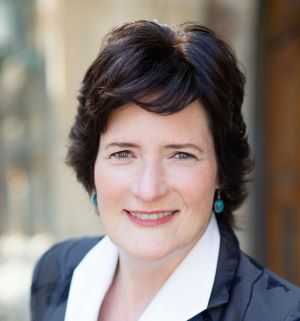
J. A. Nelson’s passion for exploring connections between history, literature, and evidence in written texts has shaped her life—from a BA (Occidental College) and MA (The George Washington University) in cultural studies to a two-decade career at the National Archives of the United States, working with historical documentary treasures and helping people access unique stories in those records. Ms. Nelson is a native of Culver City, CA, a Los Angeles suburb. She lives with her husband in Northern Virginia. A Man of Honor, or Horatio’s Confessions is her debut novel.
Blog Tour Schedule
Sunday, January 3
Excerpt at
Bookworlder
Review at
Pursuing Stacie
Monday, January 4
Review at
Books, Cooks, Looks
Wednesday, January 6
Feature at
Reading is My Remedy
Friday, January 8
Review at
@the.b00kreader
Interview at
The Whispering Bookworm
Monday, January 11
Review at
Rajiv's Reviews
Thursday, January 14
Feature at
CelticLady's Reviews
Monday, January 18
Review at
Gwendalyn's Books
Wednesday, January 20
Feature at
What Is That Book About
Thursday, January 21
Excerpt at
Journey in Bookland
Friday, January 22
Review at
Amy's Booket List
Monday, January 25
Review at
Passages to the Past
Wednesday, January 27
Interview at
Passages to the Past
Friday, January 29
Feature at
Chicks, Rogues, and Scandals
Monday, February 1
Review at
YA, It's Lit
Wednesday, February 3
Review at
A Book Geek
Friday, February 5
Review at
Historical Fiction with Spirit
Saturday, February 6
Review at
Bibliostatic
Monday, February 8
Review at
Books and Zebras
Wednesday, February 10
Review at
Impressions In Ink
Friday, February 12
Excerpt at
The Book Junkie Reads
Monday, February 15
Excerpt at
Novels Alive
Review at
Coffee and Ink
Review at
Little But Fierce Book Diary
Giveaway
Enter to win a $10 Amazon Gift Card!
The giveaway is open to the US only and ends on February 15th. You must be 18 or older to enter.
Man of Honor
